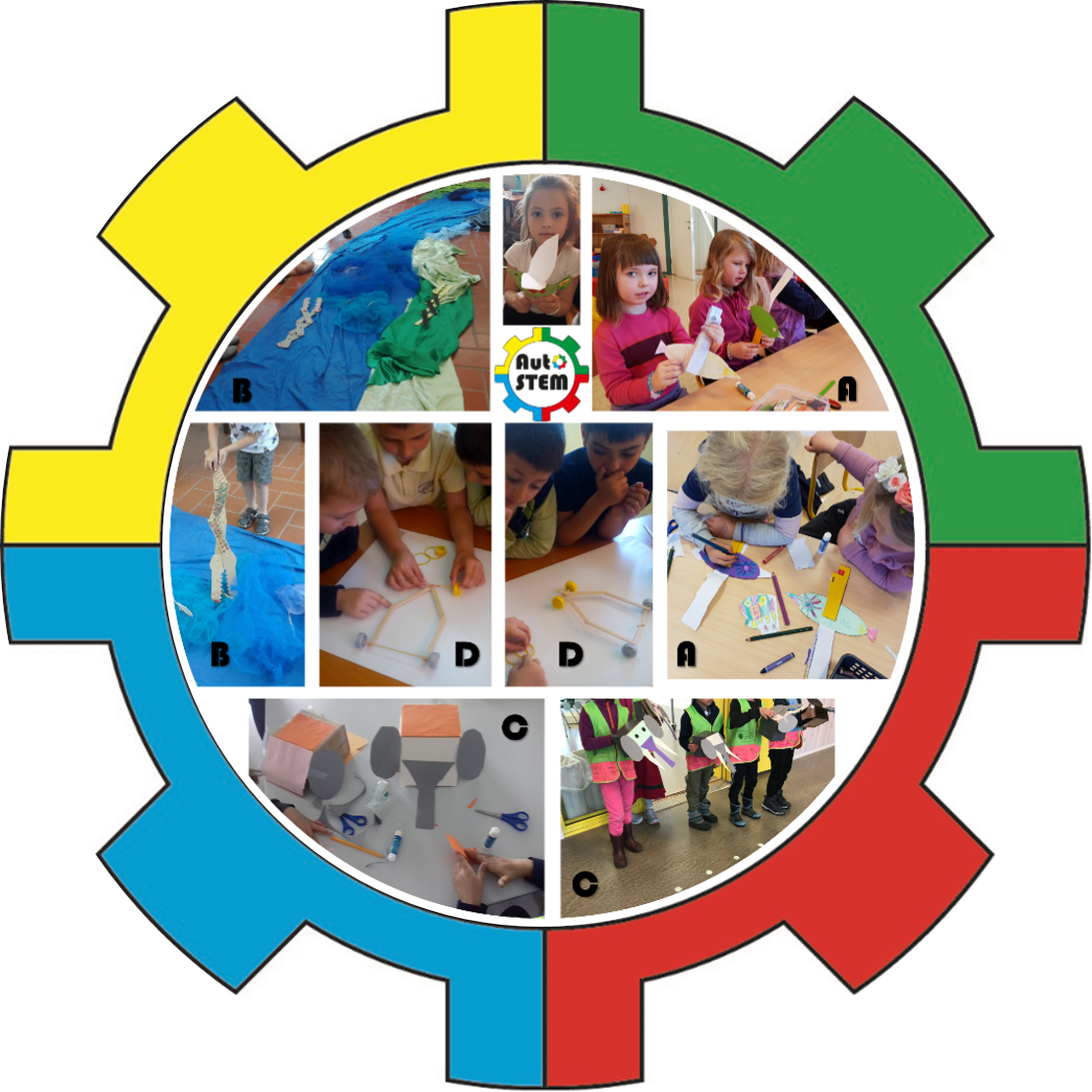Introduction
The word ‘mathematics’ is derived from the Ancient Greek noun ‘μάθημα’ (mathema), which means ‘that which is learnt, a lesson’ and is the root of the adjective ‘μαθηματικός’ (mathematikos), which means ‘disposed to learn, fond of learning’. Originally, mathematics was a general word for learning without a specific focus on arithmetic and geometry. Today, mathematics is much more specialised, but not as narrow and restricted as it is often presented in school. ‘No longer just the study of number and space, mathematical science has become the science of patterns, with theory built on relations among patterns and on applications derived from the fit between pattern and observation.’ As such, mathematics plays an important role in everyone’s everyday life – even in young children’s lives, and even more when children explore, build, and play with our automata.
Mathematics content
The British mathematician Alan Bishop identified six universal mathematical activities, which can be found in every culture. In the following video, we explain how the Snapping Crocodile is related to mathematics.
Reflection
- Choose another automaton.
- Write down the mathematical content that you can teach with that automaton
- when children build it and
- when children play with it.
- Compare your ideas with the guidelines that you find in the toolbox.

